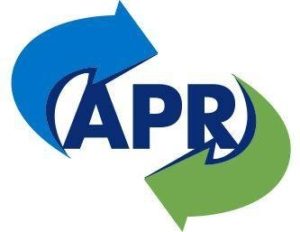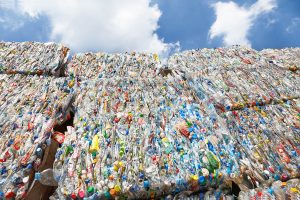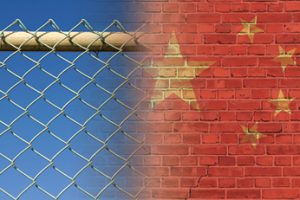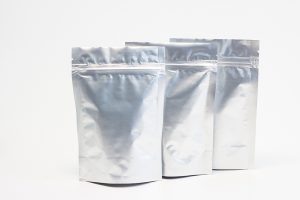 Chinese recycling executives see a promising outlook for Asian companies looking to invest in the U.S. as a result of China’s import restrictions.
Chinese recycling executives see a promising outlook for Asian companies looking to invest in the U.S. as a result of China’s import restrictions.

 Chinese recycling executives see a promising outlook for Asian companies looking to invest in the U.S. as a result of China’s import restrictions.
Chinese recycling executives see a promising outlook for Asian companies looking to invest in the U.S. as a result of China’s import restrictions.
 City leaders have voted to prohibit Baltimore restaurants from providing expanded polystyrene foodservice items.
City leaders have voted to prohibit Baltimore restaurants from providing expanded polystyrene foodservice items.
 Pricing for recovered PET and HDPE packaging has been stronger lately, but bulky rigid and film values have remained flat over the past few months.
Pricing for recovered PET and HDPE packaging has been stronger lately, but bulky rigid and film values have remained flat over the past few months.
 The Association of Plastic Recyclers will explore high-interest topics during its 2018 webinars, including California’s packaging regulations, a project to pinpoint plastics that fall through the cracks, sustainable materials management’s relationship to recycling and more.
The Association of Plastic Recyclers will explore high-interest topics during its 2018 webinars, including California’s packaging regulations, a project to pinpoint plastics that fall through the cracks, sustainable materials management’s relationship to recycling and more.
 With China having recently shaken up export possibilities, industry leaders in the U.S. have amplified their calls for more domestic markets for recyclables. Two upcoming events aim to accelerate that process.
With China having recently shaken up export possibilities, industry leaders in the U.S. have amplified their calls for more domestic markets for recyclables. Two upcoming events aim to accelerate that process.
 Last month, readers were drawn to stories about China’s market impacts, efforts to re-open a plastics recycling facility, insights into TerraCycle and ideas for fixing recycling economics.
Last month, readers were drawn to stories about China’s market impacts, efforts to re-open a plastics recycling facility, insights into TerraCycle and ideas for fixing recycling economics.
 Composite decking manufacturer Trex saw significant boosts in sales last year, in part due to China’s impacts on recovered PE markets.
Composite decking manufacturer Trex saw significant boosts in sales last year, in part due to China’s impacts on recovered PE markets.
 Companies around the world are working to develop recyclable multi-layer packaging, and some of it is now appearing on store shelves.
Companies around the world are working to develop recyclable multi-layer packaging, and some of it is now appearing on store shelves.
 A project in the European Union seeks to replace aluminum and other barrier materials in multi-layer films with recyclable bio-derived polymer coatings.
A project in the European Union seeks to replace aluminum and other barrier materials in multi-layer films with recyclable bio-derived polymer coatings.
 A PE-PP compatibilizer breakthrough snags an award, and a company launches a NIR sorter identification testing service.
A PE-PP compatibilizer breakthrough snags an award, and a company launches a NIR sorter identification testing service.
